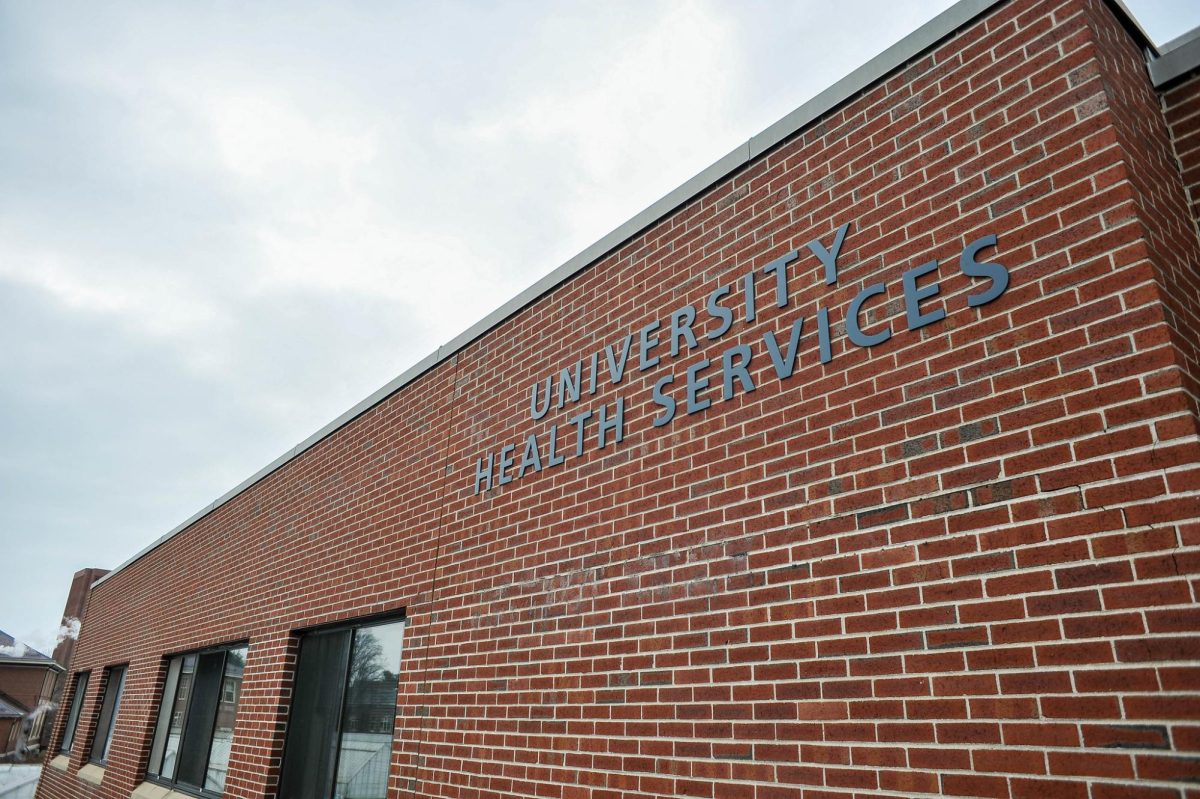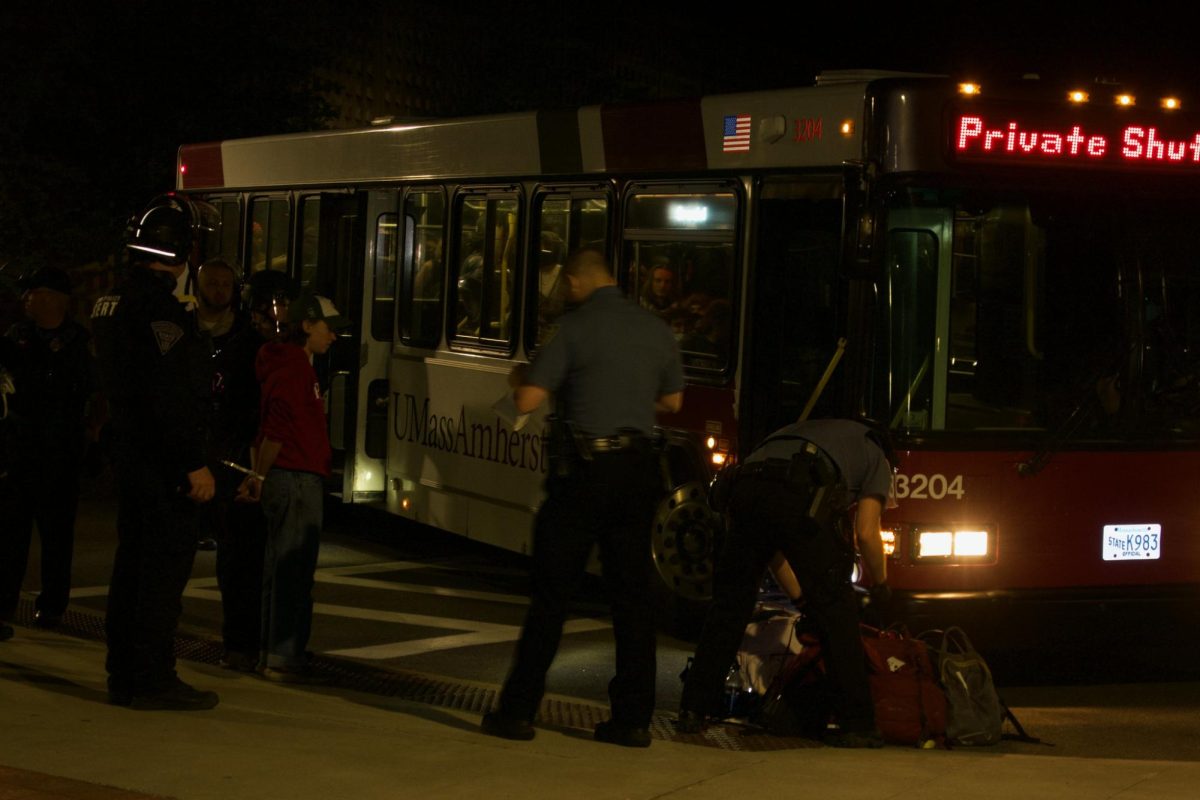The University of Massachusetts asked me not to return to school after my first semester of freshman year due to mental health issues. UMass can help countless other students by implementing just one program: free screenings for learning disabilities.
I was 18 years old and ready to begin a new chapter in my life. I had graduated from high school with a 4.41 GPA, received a full academic scholarship to my university of choice and was planning on studying psychology. Then, everything came crashing down. I didn’t even know GPAs could start with a zero, but my 0.8 was staring back at me from my transcript as I read the email stating that I would not be welcomed back for my second semester. How did this happen? I was an honors student; I was smart but also struggling. A learning disability, maybe – it felt like there was no other explanation.
There’s no denying that a learning disability makes college more difficult, and I’ve seen it firsthand. Not knowing you have such a disability makes it even harder. Official reports suggest that ADHD affects nearly six percent of college students, but further studies show that this number could be much higher due to underdiagnosing of the disorder and misdiagnosing marginalized populations. Women, ethnic minorities and young adults are less likely to be diagnosed with ADHD because of the difference in symptom presentation from what professionals consider to be traditional. Further, the cost of getting tested for ADHD can range from $100 to $1000, depending on insurance, location and timing. However, an ADHD diagnosis can be life-changing.
Untreated ADHD is far more complex than having a hard time focusing in class. Untreated ADHD can cause low self-esteem, trouble maintaining relationships, job instability, drug and alcohol misuse and even a higher rate of death compared to individuals without ADHD and those with treated ADHD. Treating ADHD can look like a lot of different things. Workshops to learn self-help techniques, talk therapy and support groups are all offered at UMass. Still, there is no preliminary service for students to determine if these services are appropriate for them.
At UMass, you can receive an ADHD diagnosis through either CCPH or the Psychological Services Center at a cost. Despite the bursar’s office saying that tuition is intended to cover “support for the health service centers on campus including an array of programs and services offered,” mental health services cost students out of pocket.
Free screenings for learning disabilities are possible. James Madison University, a public university of similar size and stature to UMass Amherst, offers free screening and referral programs for all students. Boise State, Texas A&M University, Auburn University and many other public universities provide free screenings.
UMass does offer discounted screenings through the University’s Psychological Services Center. However, these services are conducted by students as the PSC is a training facility. Further, the cost is only advertised as being reduced by 40 percent. CCPH offers screenings and claims to be an in-service provider for most insurance companies, but not all students have comprehensive insurance plans that include mental health coverage.
Offering a free preliminary screening service would ensure that all students have equal access to appropriate care. If UMass wants to see all its students succeed, the Board of Trustees should allocate funding to provide such free services for all students.
Having the ability to be screened and evaluated for a learning disability at your college opens doors for students struggling and allows them to go on the right path forward.
Sarah Lapin can be reached at [email protected].



















